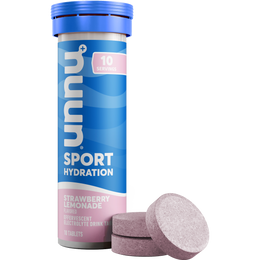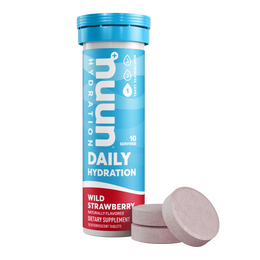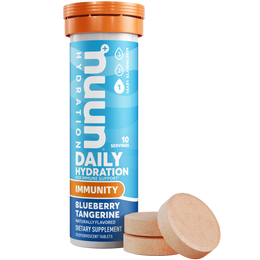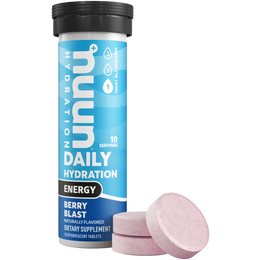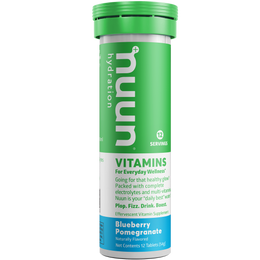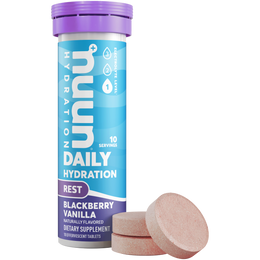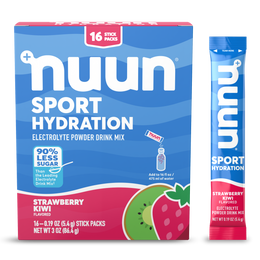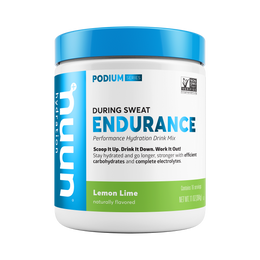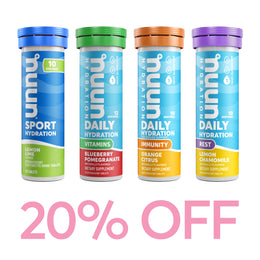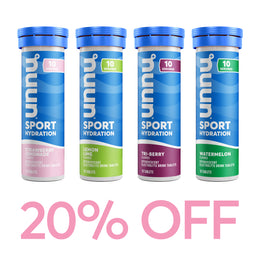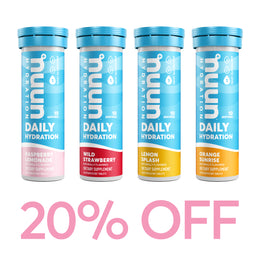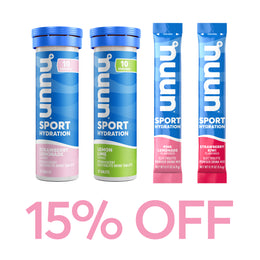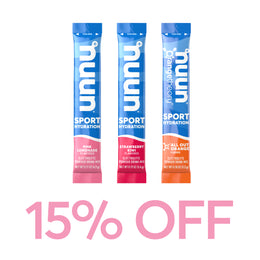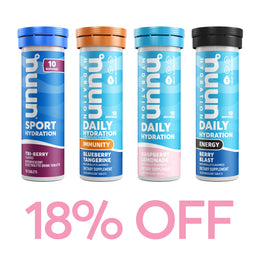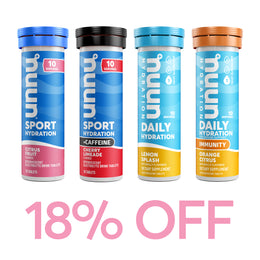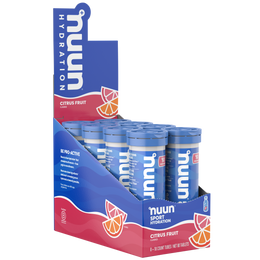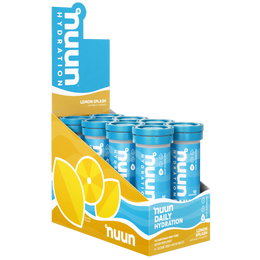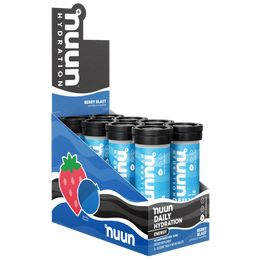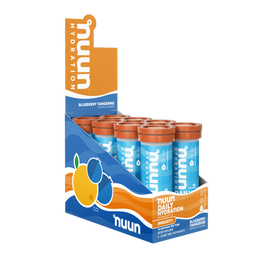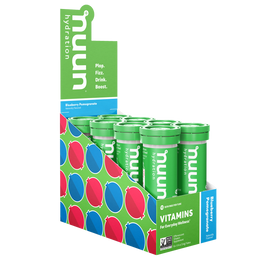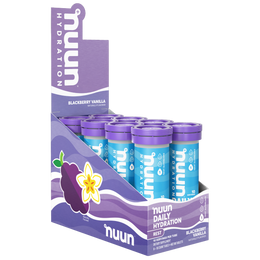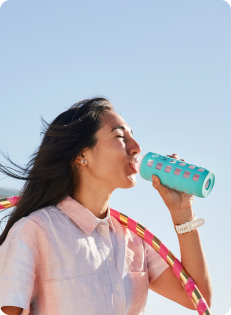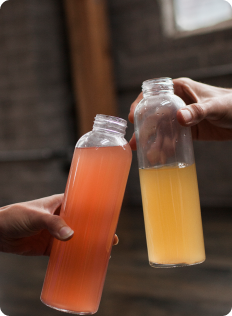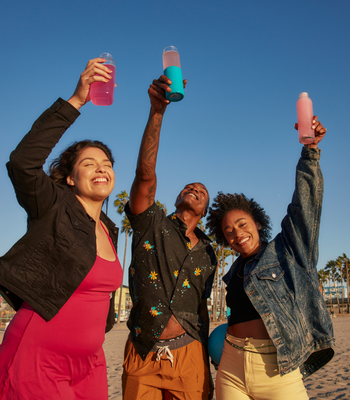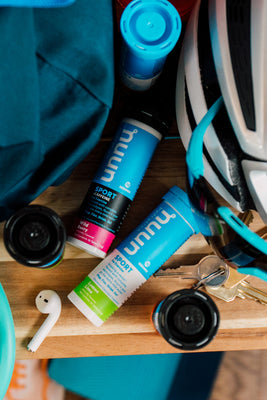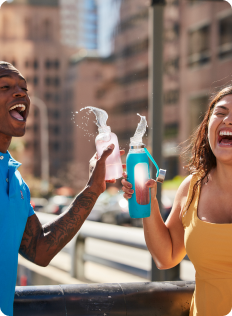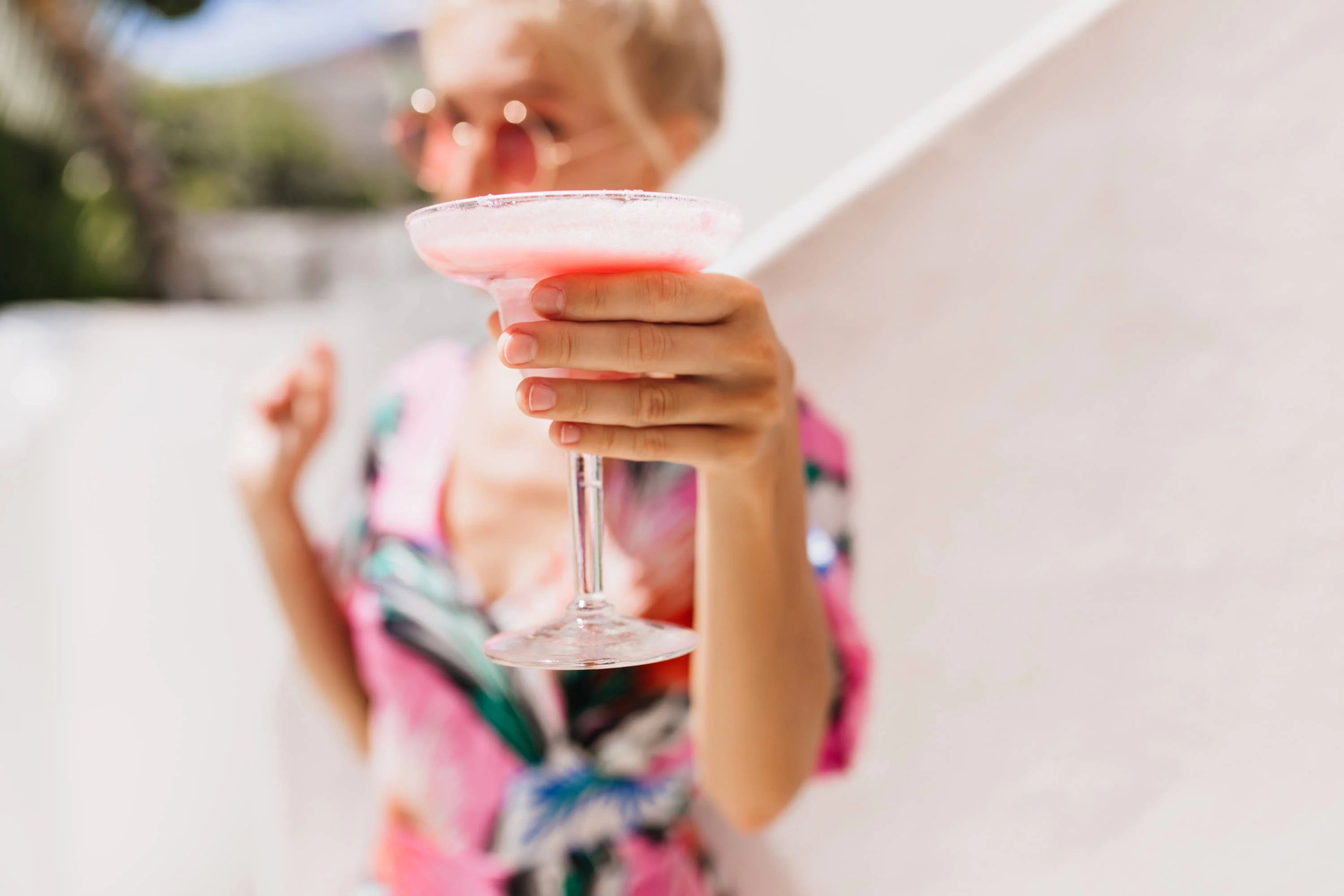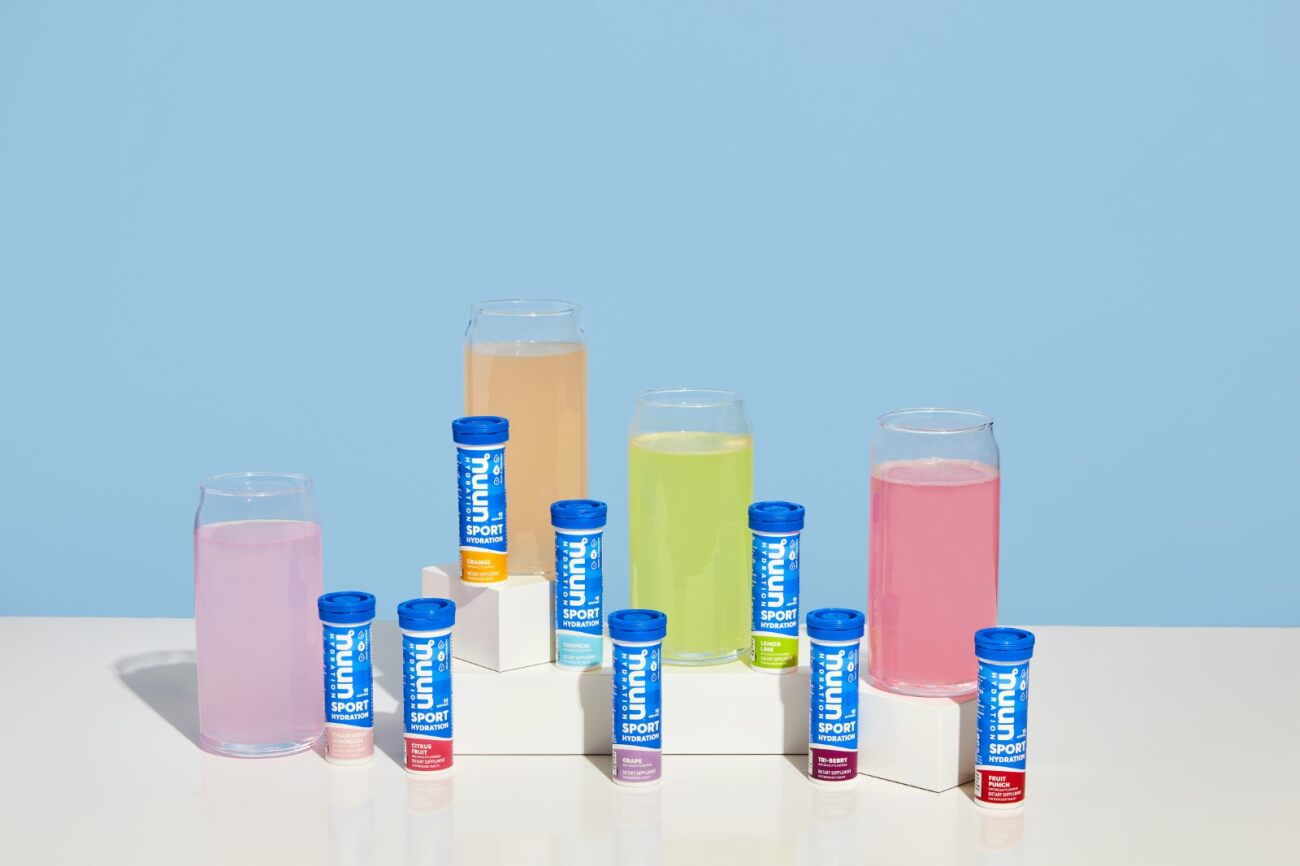How Rach McBride Fueled for Success at IronMan New Zealand
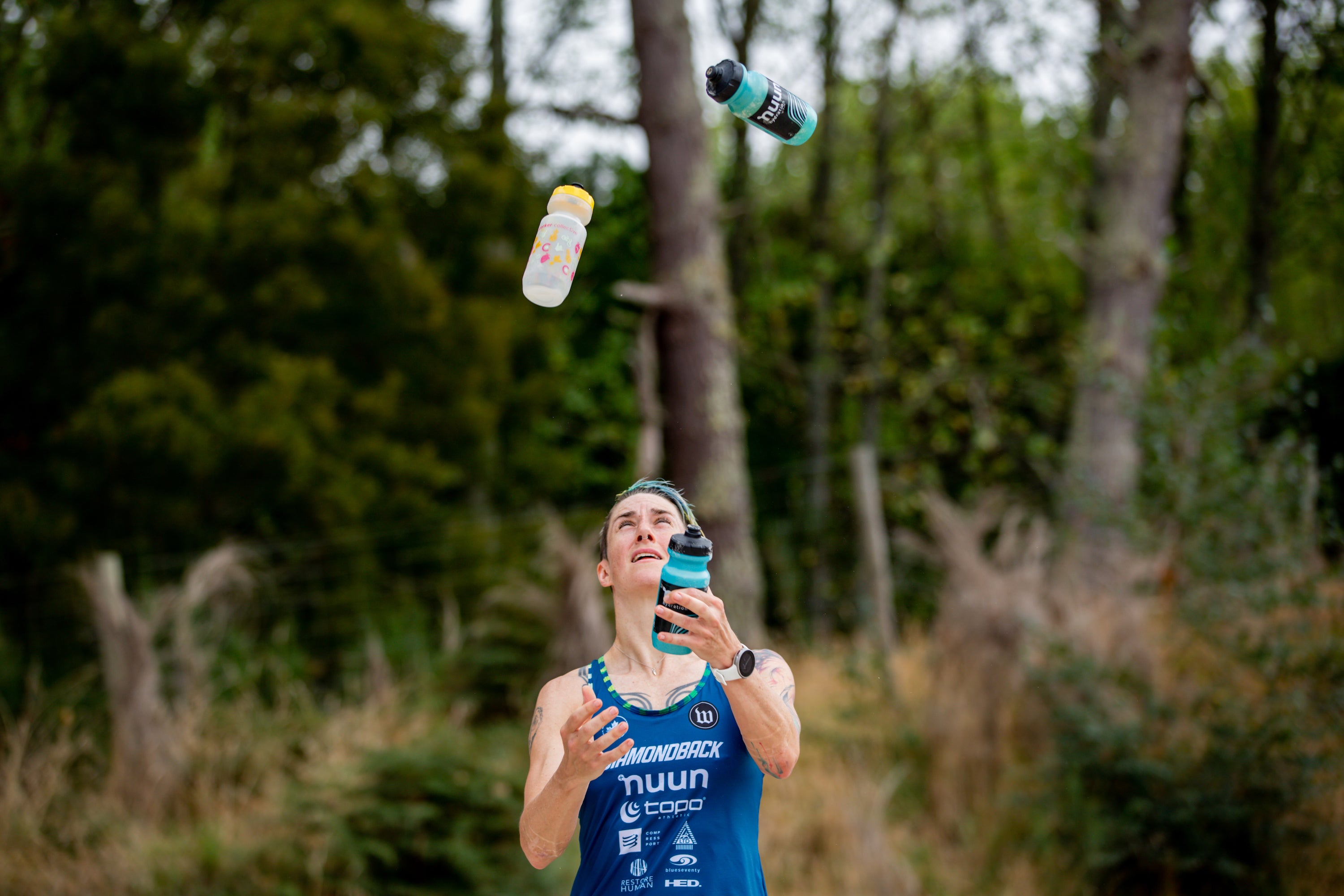
photo credit: Stef Hanson
How Rach McBride Fueled for Success at IronMan New Zealand
Ironman New Zealand was the last race to squeak onto the calendar before the COVID outbreak had all of us bound to our homes and out of airports. Canadian Pro Rach McBride had a bucket list adventure planned including Challenge Wanaka in February and Ironman New Zealand in March. Rach ventured to Tauranga from the South Island after Wanaka to spend some time with resident hydration expert Dr. Stacy Sims before heading onward to Taupo.
Spoiler: Ironman New Zealand turned out to be one of Rach's best Ironman performances with their fastest marathon off the bike to date and qualification for Kona! While Rach believes there is indeed still room for improvement as it relates to fueling, there were many steps in the right direction thanks to Dr. Sims.
What nutritional protocol have you followed in previous races and what outcomes have you experienced?
I normally eat low FODMAP/gluten-minimal, dairy-free, pescatarian/meat-minimalist. So leading into race day I’d be more strict, especially with the low FODMAP diet for the week prior. Two days from race day I’d get even more limited, restricting to low fibre/low residue foods only. I've had mixed success with this.
I see two aspects for nutrition on race day -- race fueling and minimizing gut distress. Generally, my nutrition protocol on race day involved a lot of high calorie liquid bottles, supplemented with water and gels. I have had 1 or 2 races that were well fueled with minimal gut distress, but otherwise there have always been issues with fueling or far too many port-a-loo stops on the run.
In an attempt to battle this, my daily diet became very simple and repetitive, with not a whole lot of diversity of foods.
What made this build into IM NZ different?
I spent 10 days with Dr. Stacy Sims! With Dr. Sims, I basically found that I was able to diversify the foods that I was eating including a lot more vegetables! Within this week, I had 2 training runs with no bathroom stops which was completely unheard of for the past several years! (like, 7!) This gave me confidence going into the race that perhaps I could do things differently.
I also worked with Stacy on changing my bike and run fueling. I started eating real food on the bike, that included a little bit of fat and protein. This helps titrate the carbohydrates into my system, so I don't get a massive carbohydrate-dump. (No peaks and valleys!) Basically, I made my own peanut butter, protein powder, rice syrup power balls to fuel a lot of the bike portion.
Then on the run, I switched out my long-standing relationship with gels to a simple, natural gummy candy. It allowed me to space my calories out over the marathon versus 100 calorie hits at a time.
I came off the bike not feeling hungry and was able to run a consistent marathon - my best IM marathon yet! While this wasn’t without some GI distress, it has me confident that I'm heading in the right direction. Additionally, Stacy has a different hypothesis regarding my gut issues. There are definitely some high FODMAP foods that will trigger bad runs for me (hah, see what I did there?). However, since I am getting symptoms no matter what I eat before or during exercise, it may point to something other than the foods I’m consuming, like microbiome imbalance and heat stress.
What are you going to do differently in your training/ daily fueling going forward?
I’ve tried to continue to diversify my diet and make my bowls more colourful. I’ve been less afraid to incorporate more foods and various vegetables into my diet. I'm recognizing that diversification is in fact an advantage. However, this sourdough-making craze (and my indulgence in the fruits of baking labour) is proving that unfortunately less gluten is in fact better for me, despite my desire to eat all the things.
How does this impact your race fueling strategy?
This all falls very in-line to the Nuun philosophy of continuing to fuel my hydration through my Nuun bottles and keep my calories coming from as many real foods as possible. I'm having fun on some longer training sessions and big rides using real food as fuel. So hopefully I'll be able to keep this up once the race calendar opens up again.


